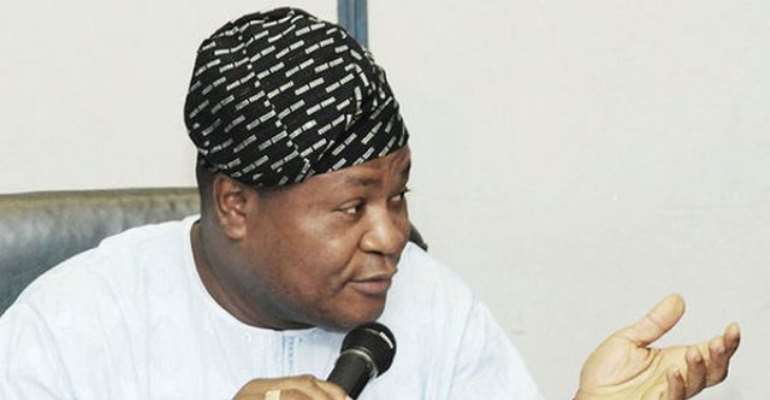GOVERNMENT TO CRIMINALISE TORTURE

Government to criminalise torture
By Gowon Emakpe
March 9, 2010 07:55AM
The Attorney General and Minister of Justice, Adetokunbo Kayode, affirmed the commitment of the federal government to criminalize all forms of torture, including extra judicial executions. Photo: NEXT
Following the renewed mayhem in Jos, the Attorney General and Minister of Justice, Adetokunbo Kayode, yesterday, affirmed the commitment of the federal government to criminalize all forms of torture, including extra judicial executions.
The Minister of Justice, who spoke in Abuja during the presentation of the Draft National Policy on Torture, said the government was disturbed by allegations of torture and extra-judicial killings by security agents, and ordered a probe into allegations of torture, extra judicial executions and other unlawful killings across the country.
“The federal government of Nigeria is not insensitive to allegations of torture and extra-judicial killings by few officers of our security agencies. That is why this administration is moving swiftly and aggressively to investigate and, where necessary, punish perpetrators,” he said. “I have had a preview of the policy and I am pleased that the draft policy affirms the commitment of the federal government of Nigeria to criminalize all forms of torture including extra judicial killings.”
He also said that the government remains “committed to achieving the spirit and purpose of the convention against torture and its optional protocol,” stressing that it was as a result of its commitment that it established the National Committee on Torture as a “national mechanism to investigate allegations of torture, extra-judicial executions and other unlawful killings.”
The Attorney General pledged that the government will apprehend the culprits behind the Jos mayhem of last Sunday and bring the full weight of the law down on them. He said the National Committee on Torture had been charged to swiftly investigate reports of unlawful killings and torture across the country, with a view to fishing out culprits and prosecuting them.
Reforms on torture
“I have already clarified the terms of reference of the National Committee on Torture and I have asked that the committee immediately puts administrative and logistic measures in place to enable it begin to receive and investigate communications from Nigerians on cases of torture and extra-judicial executions,” he said.
“For emphasis, the committee will investigate reports from the National Human Rights Commission and local and international human rights NGOS. The documentary of Al-Jazeera and the reports of Amnesty International are relevant materials in these regards.
“Ultimately, we realize that these interventions will only be sustainable when we adopt a holistic view of our criminal justice system and of the reforms required. The process of reforms is ongoing.”
The minister said there is a deficit of trust in Nigeria's criminal justice system and warned that the solution to these concerns cannot lie in the use of extra-judicial means “because we are a country of laws.” He also observed that the government's objective would not be realised, unless a holistic review and reform of the criminal justice system is carried out.
“The Federal Ministry of Justice will aggressively pursue reforms across all institutions of the justice sector with a view to restoring effectiveness and citizens' confidence in our justice system,” he said.
Addressing torture
Earlier while presenting the draft policy to the Attorney General of Federation, the Chairman of the Committee which had a week to formulate a draft, Samson Sani Ameh, warned that “the problem of torture cannot be addressed by mere enforcement alone.
“Education and enlightenment are necessary,” he said.
Worried by the rate of extra-judicial killings allegedly carried out by officers of the Nigeria Police during the Boko Haram crisis, Mr. Kayode last week summoned the leadership of the Nigerian police.
The Minister, who briefed the press after his meeting with the National Committee on Torture, said he decided to convene the meeting because of the growing unease about Nigeria's commitment to the promotion and protection of human rights, and specifically to the government's position on torture and extra-judicial killings.
He instructed the committee to put administrative measures in place to investigate the documentary on the killings, stating that those who appear on the video clip would be identified and made to face the wrath of the law.
“A democracy as resilient as ours must reject the false choice between our security and fundamental freedoms and this is why we cannot tolerate impunity disguised under the cloak of security or any other guise,” he said.
